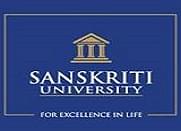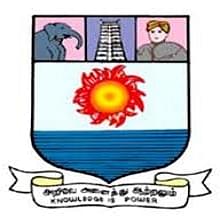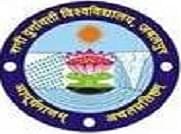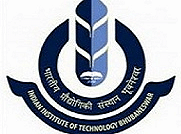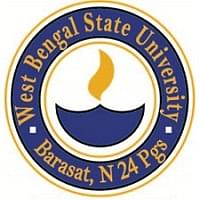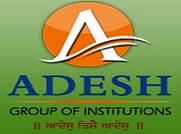Discovering
Excellence: Pursuing a Ph.D. in Urdu at the Best College in India
Embarking on a Ph.D. journey is a significant
academic and professional milestone. If you are passionate about the Urdu
language and literature, enrolling in a Ph.D. program at the best Urdu college in India can open doors to extensive research opportunities and
academic growth. This blog explores the admission process, eligibility
criteria, and syllabus for a Ph.D. in Urdu, providing you with a comprehensive
guide to kickstart your doctoral studies.
Admission
Process for Ph.D. in Urdu College
Securing admission Ph.D. Urdu College program at the college involves a series of steps
designed to assess the applicant's academic prowess and research potential.
Here's a breakdown of the typical admission process:
- Application Submission:
Candidates must submit a detailed application form, often available
online, through the college’s official website.
- Entrance Examination: Most
colleges conduct an entrance exam to evaluate the candidate's knowledge in
Urdu literature and related subjects.
- Personal Interview:
Shortlisted candidates are called for a personal interview to discuss
their research interests and academic background.
- Research Proposal:
Applicants need to submit a research proposal outlining their intended
research topic and methodology.
- Final Selection: The
final selection is based on the candidate’s performance in the entrance
exam, interview, and the quality of the research proposal.
Eligibility
Criteria for Ph.D. in Urdu College
To be eligible for admission to a Ph.D.
program at the best Urdu college in India, candidates must meet specific
academic and professional criteria. These typically include:
- Educational Qualifications: A
Master's degree in Urdu or a related field with a minimum percentage as
specified by the college (usually around 55% to 60%).
- Entrance Exam: A
good score in the college’s entrance exam or other recognized exams like
UGC-NET, JRF, etc.
- Research Experience: Some
colleges may prefer candidates with prior research experience or
publications in reputable journals.
- Language Proficiency:
Proficiency in Urdu and, often, a good command of English is essential for
research purposes.
Syllabus
for Ph.D. in Urdu College
The syllabus Ph.D. in Urdu is designed
to provide an in-depth understanding of the language, literature, and its
various nuances. While the specific syllabus may vary from one institution to
another, it generally includes the following components:
- Coursework:
Initial coursework that covers advanced topics in Urdu literature,
literary criticism, and research methodologies.
- Core Areas of Study:
- Classical and Modern Urdu Poetry
- Urdu Prose: Fiction and Non-Fiction
- Comparative Literature
- Literary Theory and Criticism
- Translation Studies
- Research Work: The
major portion of the Ph.D. program is dedicated to research. Students work
on their dissertations under the guidance of a supervisor, focusing on
their chosen research topic.
- Seminars and Workshops:
Regular seminars and workshops to enhance research skills and expose
students to contemporary issues in Urdu literature.
Why Choose
the Best Urdu College in India?
Choosing the college
for your Ph.D. offers numerous advantages:
- Expert Faculty:
Learn from renowned scholars and experts in Urdu literature.
- Research Facilities:
Access to extensive libraries, archives, and research resources.
- Academic Environment: A
vibrant academic community that fosters intellectual growth and
collaboration.
- Career Opportunities: A
Ph.D. from a prestigious college can significantly enhance career
prospects in academia, research, and literary fields.
Conclusion
Pursuing a Ph.D. in Urdu from the best Urdu
college in India is a rewarding journey that promises academic excellence
and profound knowledge. Understanding the admission Ph.D. Urdu College
process, meeting the eligibility criteria, and being familiar with the can set
you on the path to success. Embrace this opportunity to delve deep into the
rich world of Urdu literature and make a significant contribution to the field.






